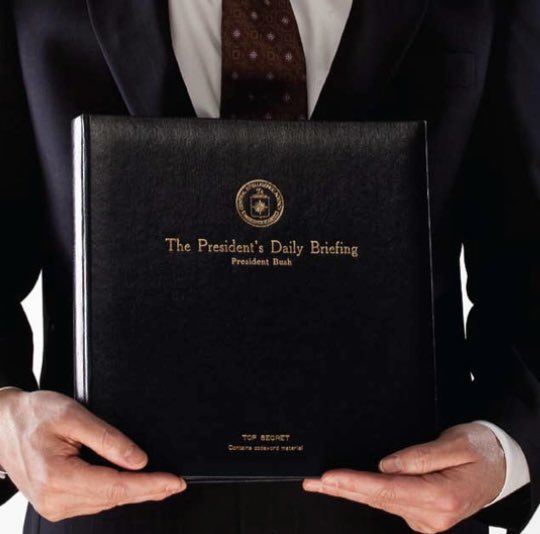views
THREAD: Something interesting this way comes in the new US intelligence community annual threat assessment testimony, as briefed to the Senate today.
It’s about Russia. And nukes. And things left unsaid in the submitted text.
Here we go:
1/9c-span.org/video/?534027-…
It’s about Russia. And nukes. And things left unsaid in the submitted text.
Here we go:
1/9c-span.org/video/?534027-…
First of all, if you’re unfamiliar with the long tradition of unclassified worldwide threat briefings to Congress, catch up with this podcast episode I hosted 4+ years ago with Michael Hayden, Jim Clapper, and Andrew McCabe.
Deep experience here:
2/9lawfaremedia.org/article/lawfar…
Deep experience here:
2/9lawfaremedia.org/article/lawfar…
The Russia section last year had this interesting line: “Moscow will become even more reliant on nuclear, cyber, and space capabilities as it deals with the extensive damage to Russia’s ground forces.”
See here:
3/9odni.gov/files/ODNI/doc…
See here:
3/9odni.gov/files/ODNI/doc…
Since then, we’ve had the recent revelation that Moscow is developing antisatellite weapon that reportedly includes deploying nuclear weapons in space—as assessed expertly by @aaronbateman here:
4/9foreignaffairs.com/russian-federa…
4/9foreignaffairs.com/russian-federa…
What does the text this year say?
First:
“Moscow will continue to employ all applicable sources of national power to advance its interests and try to undermine the United States and its allies.”
5/9
First:
“Moscow will continue to employ all applicable sources of national power to advance its interests and try to undermine the United States and its allies.”
5/9
And then in the brief subsection on space, this bulleted text:
“Russia is investing in EW and directed energy weapons to counter Western on-orbit assets and continues to develop ground-based ASAT weapons capable of destroying space targets in LEO.”
6/9
“Russia is investing in EW and directed energy weapons to counter Western on-orbit assets and continues to develop ground-based ASAT weapons capable of destroying space targets in LEO.”
6/9
In testimony today, DNI Haines added a bit: “We remain concerned that Moscow will put at risk long-standing global norms against the use of asymmetric or strategically destabilizing weapons, including in space and in the cyber domain."
Still nothing specific on the nexus.
7/9
Still nothing specific on the nexus.
7/9
Important note: This is the UNCLASSIFIED threat testimony. A classified briefing is also provided, in closed session.
It seems likely that a lot more on the intersection of Russia, space, and nukes will be delivered there.
8/9
It seems likely that a lot more on the intersection of Russia, space, and nukes will be delivered there.
8/9
Like every year, there’s more about myriad threats in the entire public document.
Please read it fully to both gain some insight and recognize the extensive collection and analysis that goes into this annual product that thankfully is made public.
/endintelligence.senate.gov/sites/default/…
Please read it fully to both gain some insight and recognize the extensive collection and analysis that goes into this annual product that thankfully is made public.
/endintelligence.senate.gov/sites/default/…
• • •
Missing some Tweet in this thread? You can try to
force a refresh











